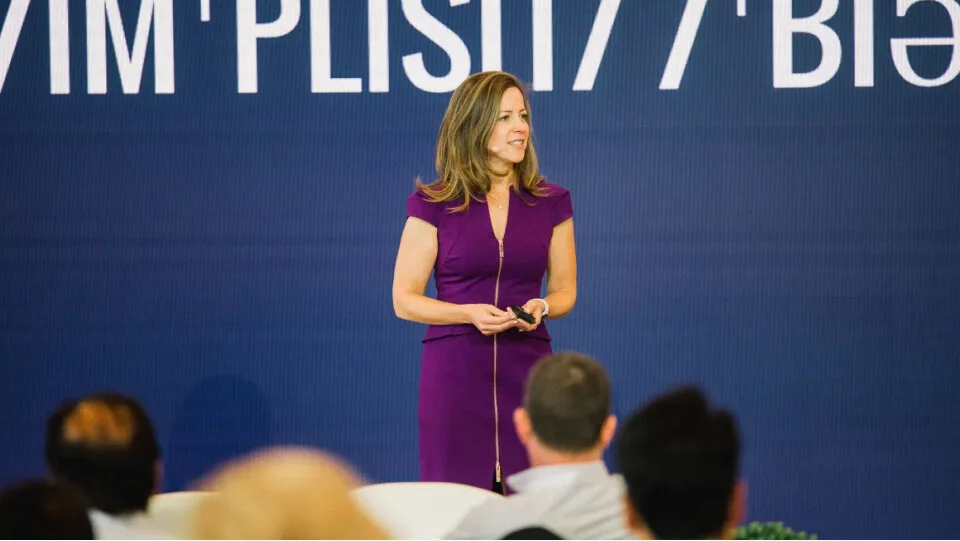
Session I:
How Bias in Our World Translates into AI
Guiding Questions
Why is responsible AI important to my role and company overall?
What does it mean to develop and deploy AI responsibly?
How and why do algorithms reflect real-world biases?
What new biases and risks has generative AI introduced in recent years?
What does due diligence look like when working with AI tools, especially as the technology rapidly evolves and advances?
How can I, as an individual, and my company combat AI-enabled discrimination or other related harms?
📖 Introductory Materials
Bias in AI [video] (NIST, 2020)
There’s More to AI Bias than Biased Data (NIST, 2022)
Reducing biased and harmful outcomes in generative AI (Adobe Design, 2024)
4 types of GenAI risks and how to mitigate them (HBR, 2024)
OECD AI Principles overview (OECD, updated May 2024)
Blueprint for an AI Bill of Rights (White House OSTP, 2022)
- a thoughtful analysis here
Artificial Intelligence Definitions (HAI, Stanford University, 2020)
Responsible AI is a competitive advantage (IBM, 2024)
A guide to AI governance for business leaders (BCG, 2023)
EqualAI Testimony before House Financial Services Committee on AI & ethics (HFSC, 2021)
Artificial Intelligence Index Report 2024 (HAI, Stanford University, 2024)
Please refer to additional useful resources here
📖 Session I Materials (select at least 3 from the following):
Racial Bias
How Computers Misunderstand the World (Verge, 2018)
Who Is Making Sure the AI Machines Aren’t Racist? (NYT, 2021)
Biased AI Perpetuates Racial Injustice (Techcrunch, Vogel, 2020)
Machine Bias (ProPublica, 2016)
Black Americans Are Much More Likely to Face Tax Audits, Study Finds (New York Times, 2023)
Gender Bias
Amazon Scraps Secret AI Recruiting Tool that Showed Bias against Women (Reuters, 2018)
When Good Algorithms Go Sexist: Why and How to Advance AI Gender Equity (Stanford
Social Innovation Review, 2021)
These New Tools Let You See for Yourself How Biased AI Image Models Are (MIT Technology Review, 2023)
Healthcare Bias
New York Is Investigating UnitedHealth's Use of an Algorithm that Steered Black Patients away from Getting Higher-Quality Care (Business Insider, 2019)
Algorithmic Bias in Health Care Exacerbates Social Inequities—How to Prevent It (Harvard/T.H. Chan School of Public Health, 2021)
Artificial Intelligence is Infiltrating Healthcare. We Shouldn’t Let it Make All the Decisions. (MIT Technology Review, 2023)
Ziad Obermeyer: A physician, academic, McKinsey alum's approach to tackling bias in AI (EqualAI podcast, In AI we Trust?)
Ability Bias
Does Artificial Intelligence Impact Hiring People with Disabilities? (Ability Magazine, 2020)
Surveillance Tech Discriminates Against Disabled People: New CDT Report (CDT, 2022)
Algorithmic Diversity: Mitigating AI Bias and Disability Exclusion (Forbes, 2023)
Economic Bias (Inequality)
Artificial Intelligence Has Caused A 50% To 70% Decrease In Wages—Creating Income Inequality And Threatening Millions Of Jobs (Forbes, 2021)
The Future of Economics in an AI-biased World (WEF, 2021)
How to Mitigate AI Discrimination and Bias in Financial Services (EY, 2023)
Additional Resources
How fear of AI could limit its benefits to a few (Axios, 2024)
Exclusive: Practical steps for companies to do AI right (Axios, 2023)
5 Ways to Avoid Artificial Intelligence Bias with ‘Responsible AI’ (Vogel, WEF, 2022)
How Bias Creeps into Healthcare AI (Vogel, Axios, 2019)
📝 To Do Before Next Session
Begin to outline how to improve AI within organization; key stakeholders; examples of how you use AI and how it has had benefits/drawbacks
What are 3 main takeaways from these readings?
Why do some algorithms reflect real-world biases? Why are communities of stakeholders important for combatting them?
💭 Food For Thought
What are 3 goals you hope to achieve by taking this course?
What is responsible AI? Why does it matter?
